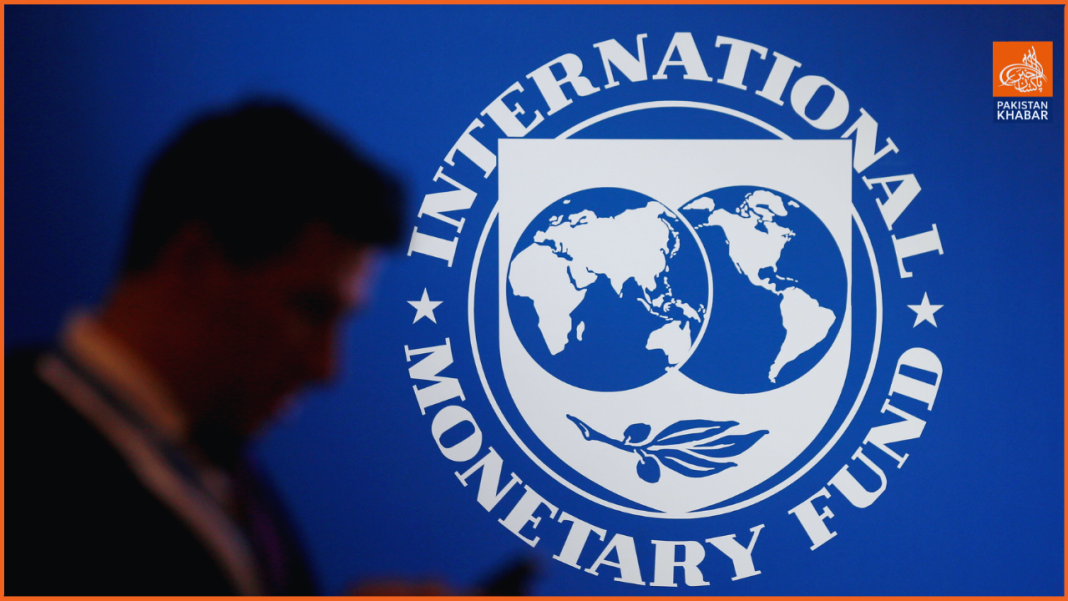The International Monetary Fund (IMF) has urged Pakistan to reduce government intervention in its economy and increase competition, emphasizing the need for urgent reforms in the energy sector. This call was made at the end of an unscheduled IMF mission visit to Islamabad, which took place from November 12 to 15, 2024. Nathan Porter, the IMF’s mission chief, stated that reducing state involvement would foster a more dynamic private sector, contributing to the nation’s economic growth.
Porter highlighted that effective program implementation could lead to a more prosperous and inclusive Pakistan, ultimately improving living standards for all citizens. He praised the constructive discussions held with Pakistani authorities regarding their economic policies and reform efforts, which aim to address vulnerabilities and pave the way for sustainable economic growth.
The IMF also emphasized the importance of maintaining prudent fiscal and monetary policies, focusing particularly on mobilizing revenue from untapped tax sources. Additionally, the IMF suggested that Pakistan should shift more social and development responsibilities to the provincial governments as part of its broader policy adjustments.
During their visit, the IMF delegation evaluated Pakistan’s progress under the Extended Fund Facility (EFF), a program designed to support the country’s financial stability. The team met with high-ranking officials from the federal and provincial governments, the State Bank of Pakistan (SBP), and private sector representatives to discuss Pakistan’s economic performance and the next steps for its reform agenda.
Key recommendations from the IMF included implementing taxes on agricultural income starting in January 2025, achieving a revenue target of Rs 12,970 billion for the current fiscal year, and strengthening the Finance Division’s ability to manage macro-fiscal forecasts for better budget preparation. Additionally, the IMF urged Pakistan to implement structural energy reforms to restore the sector’s viability, including reducing state intervention to encourage private sector involvement.
The IMF also called for legal reforms to limit the federal government’s discretionary powers regarding supplementary grants, although some flexibility in budget execution was acknowledged. The next review of Pakistan’s performance under the EFF program is expected in the first quarter of 2025.




